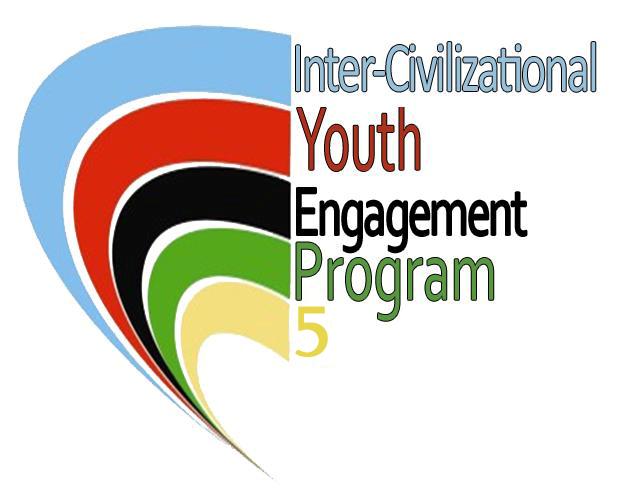Hududis not central to Islam. True, the modes of punishment for murder, robbery, theft, adultery and apostasy spelt out in Hudud enactments are part of Islamic law.But it is not one’s observance of these modes of punishment that definesone’s piety. It is one’s commitment to justice demonstrated through actual deeds that is the ultimate measure of one’s goodness.
The preoccupation with hudud and with punitive law in general, as the single most important attribute of Islamic governance developed partly as a reaction to Western colonial rule. It has continued in this era of Western global hegemony. It is an attempt to re-assert what is perceived as Muslim authority at a time when the forces challenging the community’s power are overwhelming. In a sense, this emphasis upon hudud( plural of ‘had’) as punishment is at variance with the Quranic meaning of the term which alludes to the limits or the restraints that one is advised to adhere to in one’s behaviour.
Hudud fixation has also diverted the attention of the Muslim ummah from those fundamental values and principles that had endowed strength and dynamism to Islamic civilisation in its heyday. Apart from justice, the passion for knowledge was the driving force behind Islam’s much acclaimed role as the leader of scientific and social thought between the 8th and 14th centuries.How to enhance the pursuit of knowledge within the ummah rather than the implementation of hudud should be our primary concern today.
Those who are obsessed with hudud have also failed to examine the actual performance of states that have implemented hudud in recent decades. From Sudan and Saudi Arabia to Afghanistan and Iran, what has been the balance sheet like from the perspective of the very values and principles that the Quran cherishes--- distributive justice, accountability on the part of the ruler, freedom and dignity of the human being? Are these hudud states worthy of emulation?
Hudud advocates sometimes argue that whatever the shortcomings of these states, some of them have managed to curb hudud related crimes among the people such as stealing and illicit sex. Even if we accept the veracity of their claim, one wonders whether these vices have also been eliminated at the level of the elites?Has hudud led to a decline in elite corruption --- whichis another name for elite theft--- or has it tamed sexual licentiousness among the rich and famous in these countries? Or is it only the weak and the vulnerable wholive in fear of hududpunishments?
These are important questions that should be raised because one of the major political actors in the country is undoubtedly hudud oriented and is determined to occupy Putrajaya. This is why as soon as it came to power in Kelantan in 1990, PAS sought to introduce hudud. It did the same thing in Trengganu in 1999, after its victory in the 10th general Election,even thoughthe common manifesto PAS shared with its other BarisanAlternatif partners made no mention of hudud or an Islamic State.
No one should be under the illusion that PAS has abandoned its hudud goal. Its espousal of a “Welfare State” instead of ahudud committed Islamic State is a crafty political tactic geared towards winning non-Muslim votes. A number of other hudud fixated political parties in other countries have also adopted various tactics and manoeuvres with the aim of garnering popular support. Indeed, obtaining power by whatever means is often the mission of hudud parties which makes them no different from parties that do not speak on behalf of religion.
The lust for power is also the reason why the de facto leader of the Pakatan Rakyat, Anwar Ibrahim, has given his backing to PAS’s hudud stand. His stance should not surprise anyone. The chameleon he is, Anwar has over the last 40 years, incarnated and reincarnated himself as Malay nationalist, Islamic champion, state-centric leader, West oriented liberal--- and hudud advocate.
Contrast PAS and Anwar with the men who have been at the helm of our nation since Merdeka. No Malaysian Prime Minister was---or is --- hudud inclined.This is a fact of tremendous significance that all Malaysians should appreciate.
And yet, each of our six Prime Ministersin the past and the present have pursued policies which in one way or another are related to Islamic values and principles. The first Prime Minister, Tunku Abdul Rahman, for instance was deeply committed to unity among the different communities, in consonance with Islam’s recognition of the oneness of the human family. The second Prime Minister, Tun Abdul Razak, sought to reduce poverty, improve educational opportunities for the people and enhance the nation’s independence and sovereignty---- goals which reflected the essence of the Islamic faith. The third Prime Minister, Tun Hussein Onn, a man of integrity, was determined to eradicate corruption, a noble mission from an Islamic perspective. Dr. Mahathir Mohammad, our fourth Prime Minister, not only made the middle-class multi-ethnic and thus reinforced social stability but also raised Malaysia’s profile in the eyes of the Muslim world and the Global South. His successor, Tun Abdullah Ahmad Badawi, expanded space and scope for freedom of expression which in itself is an Islamic virtue. The present Prime Minister, DatoSri MohdNajibRazak, is attempting a major economic and political transformation while strengthening national integration through 1Malaysia. The overall aim is the well-being of the people. No goal is more laudable in Islamic governance.
Of course, our past Prime Ministers had their flaws and their failings. Najibis also very much aware of his shortcomings. But Najib, like his predecessors, is not fixated on an idea which has not --- and will not --- enhance the dignity of the human being.
Dr.ChandraMuzaffar is Chairman of the Board of Trustees, Yayasan 1Malaysia & a political scientist who has written extensively on religion and Malaysian society.

